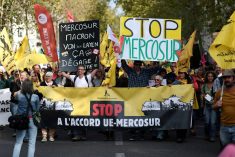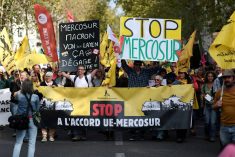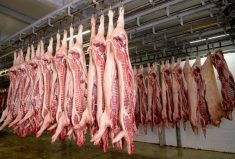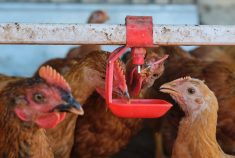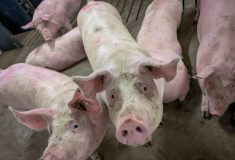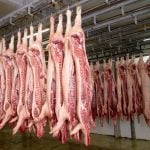Brussels | Reuters — ChemChina is set to secure conditional EU antitrust approval for its US$43 billion bid for Swiss pesticides and seeds group Syngenta, two people familiar with the matter said on Thursday.
The deal — the largest foreign acquisition by a Chinese company — is important for China, the world’s largest agricultural market, which is seeking to secure the food supply for its huge population. Syngenta’s portfolio of top-tier chemicals and patent-protected seeds would boost its potential output.
The Chinese state-owned company has agreed to minor concessions to allay the European Commission’s concerns over its takeover of the world’s largest pesticides maker. Regulators had been worried that the deal may lead to higher prices and fewer choices for farmers.
Read Also
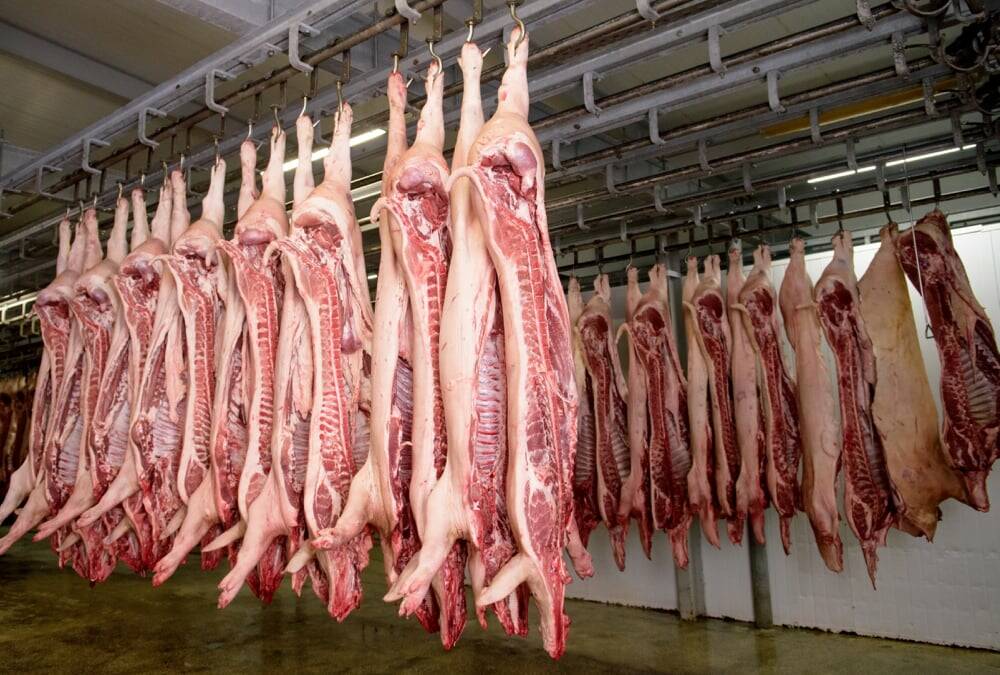
U.S. livestock: Lean hogs tick down on supply numbers, year-end positioning
Chicago | Reuters – Chicago Mercantile Exchange live cattle and lean hog futures fell while feeder cattle futures rose on…
ChemChina will divest a couple of national product registrations, including existing products and a few in the pipeline, in more than a dozen EU countries, one of the people said.
The products are generally from ChemChina unit and Israeli crop protection company Adama while a few are from Syngenta, the person said. No plants, facilities or personnel are involved. Adama is the largest supplier of generic crop protection products in Europe.
Commission spokesman Ricardo Cardoso declined to comment. It was not immediately possible to reach ChemChina for a comment outside regular office hours. Syngenta said it has not been notified of any decision by the Commission.
The Commission may announce its approval next month, ahead of its scheduled April 12 deadline, the source said.
The deal has already been approved by a U.S. national security panel.
— Reporting for Reuters by Foo Yun Chee; additional reporting by Adam Jourdan in Shanghai and Oliver Hirt in Zurich.



